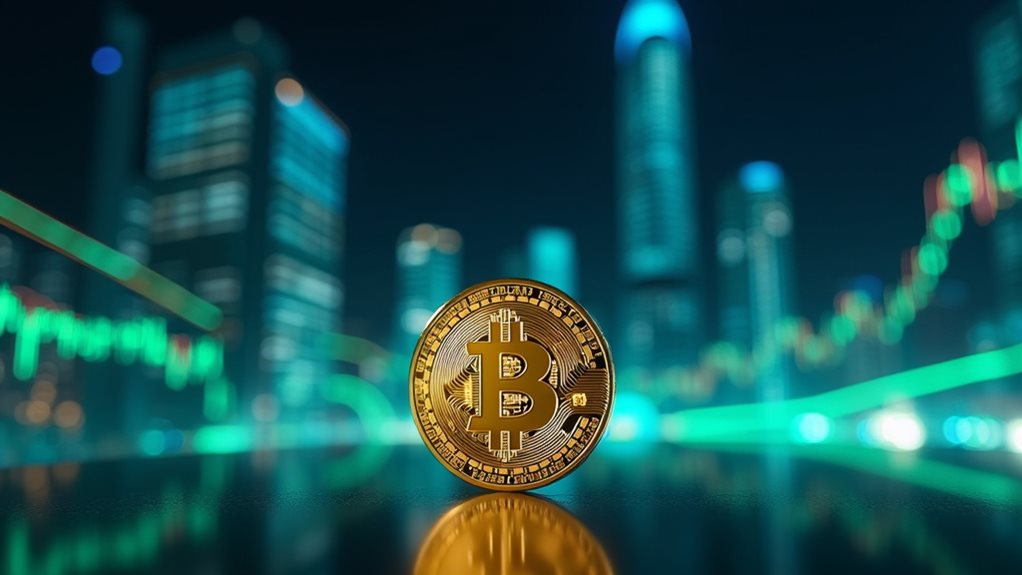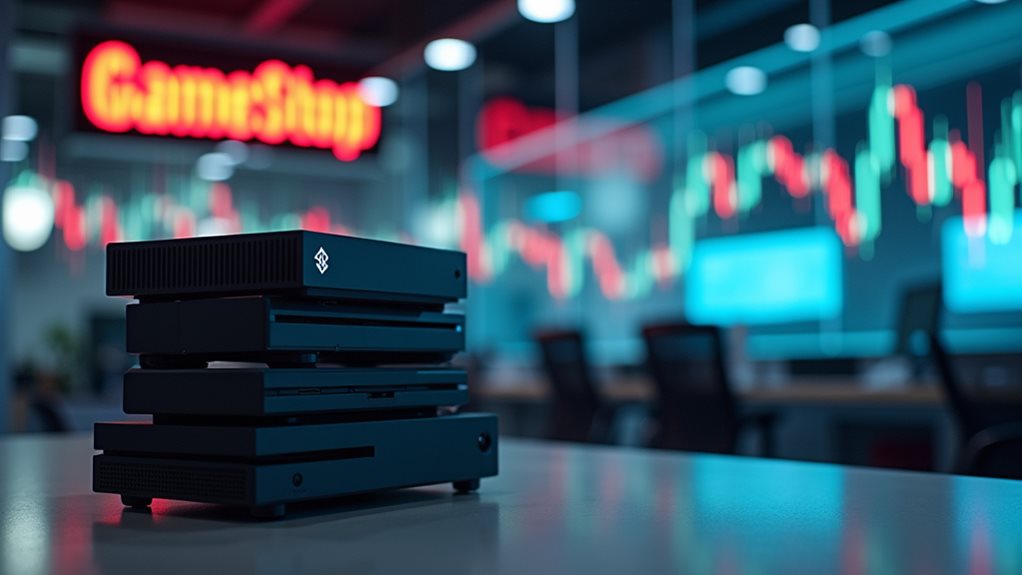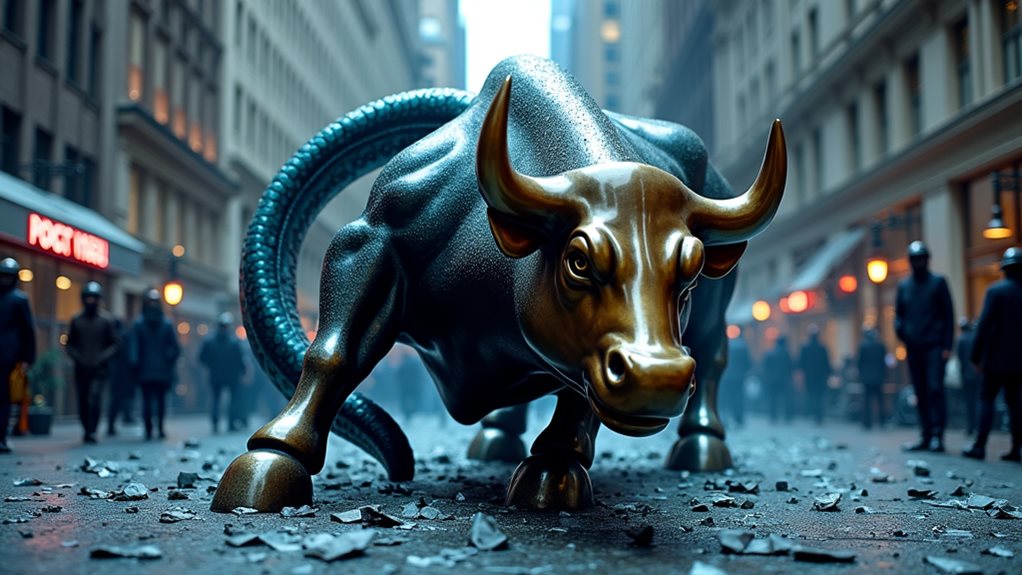Kraken just launched tokenized versions of Apple, Tesla, and Nvidia stocks exclusively for non-U.S. traders through a partnership with Backed’s xStocks. These blockchain-based tokens let international investors finally own pieces of America’s hottest companies without dealing with traditional brokerage headaches or geographic restrictions. The tokens trade 24/7, support fractional ownership, and promise lower fees than conventional exchanges. U.S. traders? Still locked out thanks to securities regulations. There’s more to this story than meets the eye.

While most Americans take clicking “buy” on Apple or Tesla stock for granted, millions of investors around the world face a frustrating reality: actually owning a piece of these tech giants is expensive, complicated, or downright impossible.
Traditional brokerages either don’t serve their regions, charge outrageous fees, or wrap everything in red tape thicker than a phone book.
Enter Kraken’s latest move: tokenized stocks. The crypto exchange is rolling out blockchain-based versions of major U.S. stocks like Apple, Tesla, and Nvidia for non-U.S. traders. It’s basically taking regular stocks, converting them into digital tokens, and letting people trade them on blockchain networks. Simple enough.
Traditional stock ownership meets blockchain innovation, giving global investors digital access to major U.S. companies through tokenized trading.
The coverage is extensive. Europe, Latin America, Africa, Asia—pretty much everywhere except the U.S., where securities laws make this whole thing a no-go for American traders. Sorry, folks.
Here’s where it gets interesting. These tokenized stocks trade 24/7. No more waiting for Wall Street to wake up or wondering what happened while you slept. The market never closes, which sounds both exciting and exhausting.
Fractional shares are part of the deal too. Can’t afford a full Tesla share at $200-plus? Buy a slice. The blockchain handles the math, smart contracts automate the trades, and digital wallets store everything. It’s like traditional investing, but with more technology and fewer middlemen taking cuts.
Kraken partners with platforms like Backed’s xStocks to keep everything above board legally. Regional securities regulations still apply, just not the U.S. ones that would normally block this kind of access.
The infrastructure promises faster execution and lower fees than traditional exchanges. Blockchain ledgers make every transaction transparent and traceable, which regulators tend to appreciate.
Trading happens through the same crypto exchange accounts people already use, so funding and withdrawals flow through familiar channels. This move could significantly boost user engagement as traders gain access to previously unavailable markets.
For millions of investors who’ve been locked out of U.S. equity markets, this represents genuine access to portfolio diversification. This shift reflects the broader trend toward an open global financial system that challenges traditional geographic barriers.
Whether it transforms global investing or becomes another crypto experiment remains to be seen. But for now, owning a piece of Apple just got remarkably easier for most of the world.









